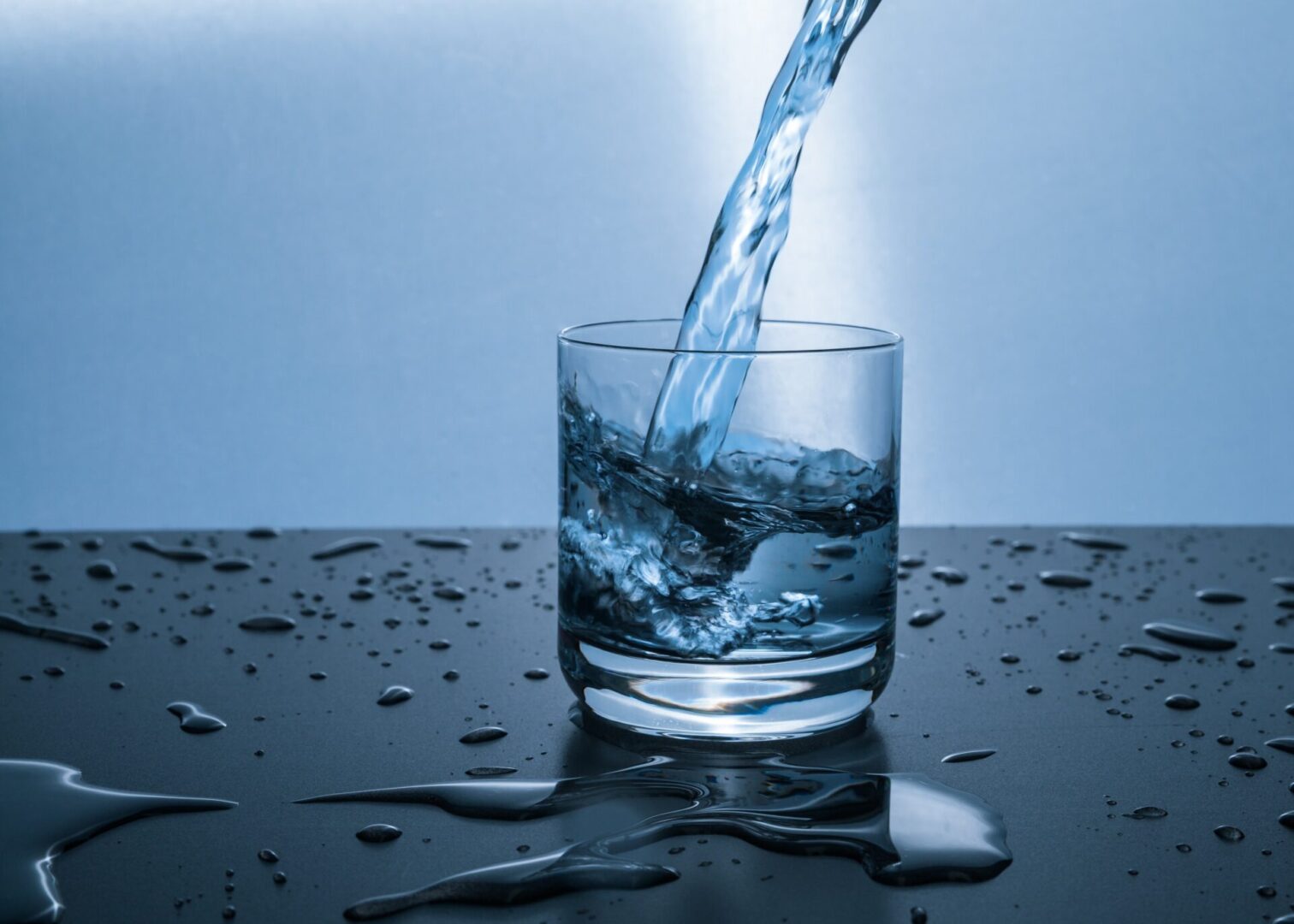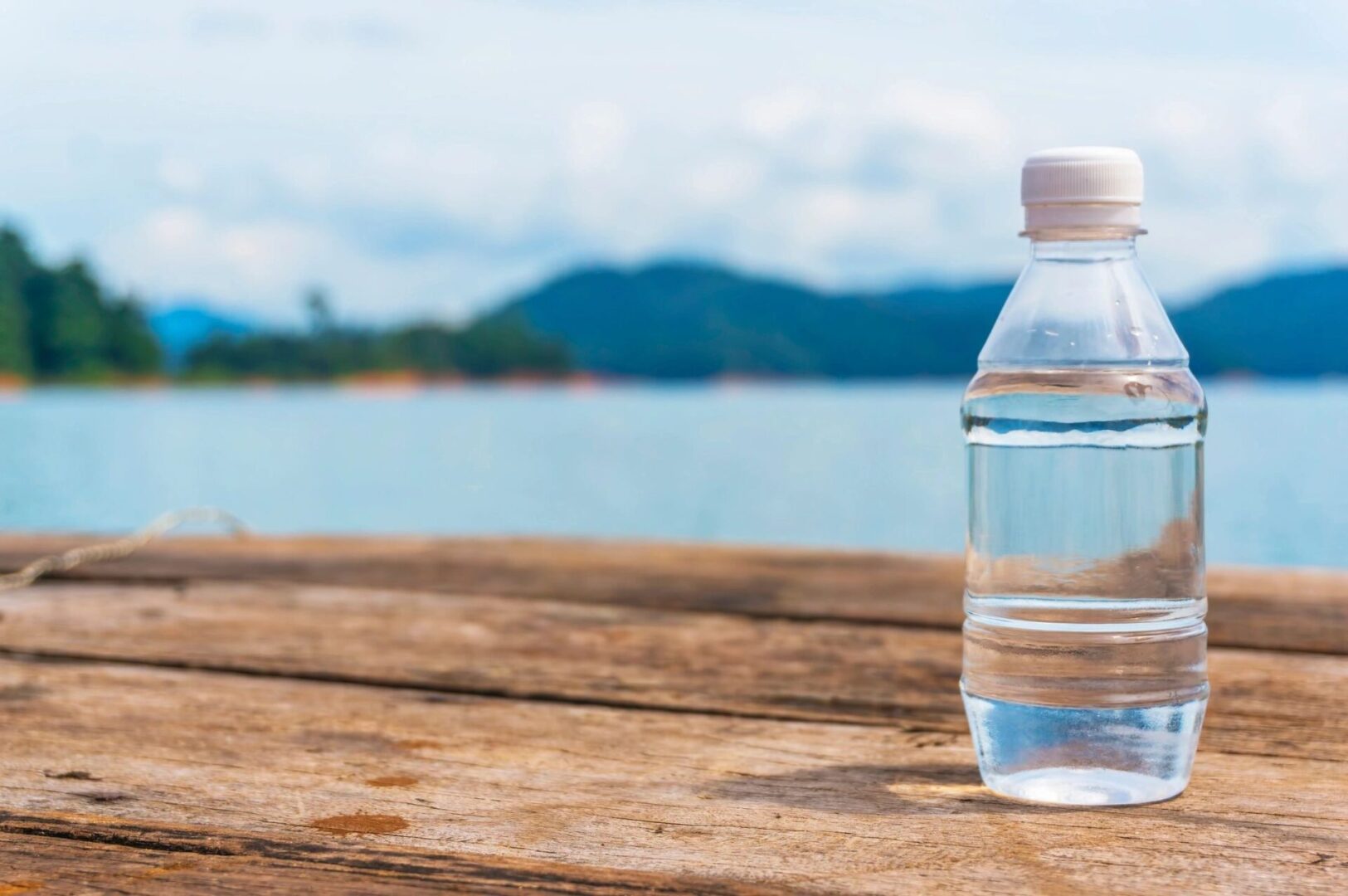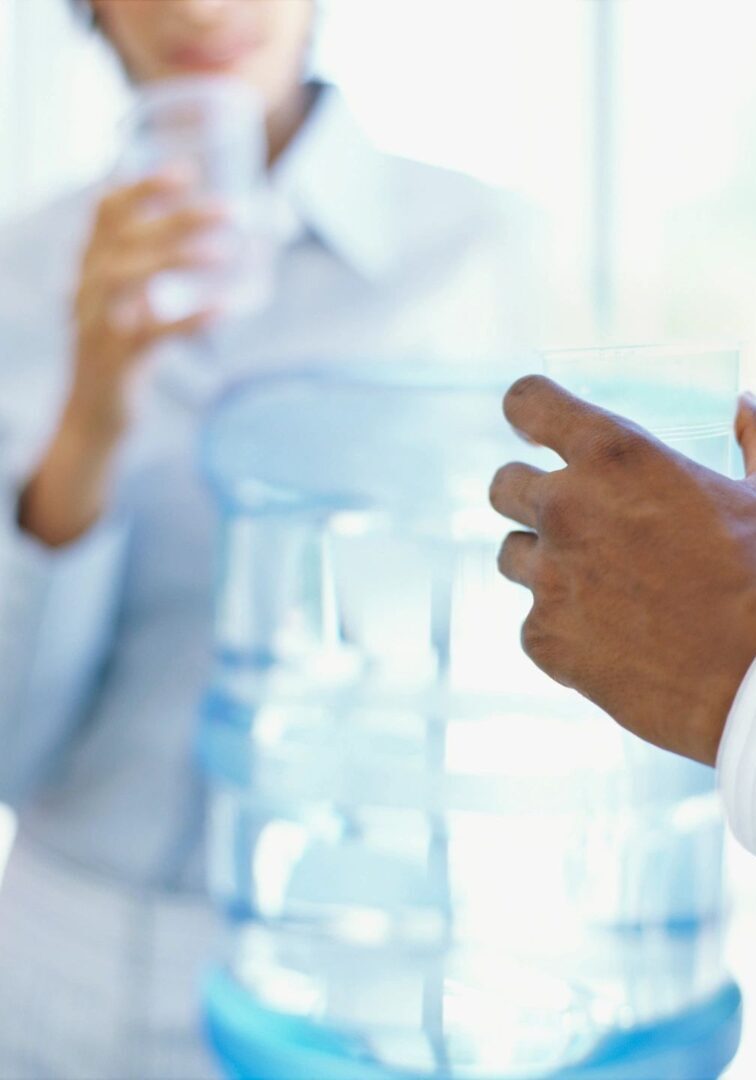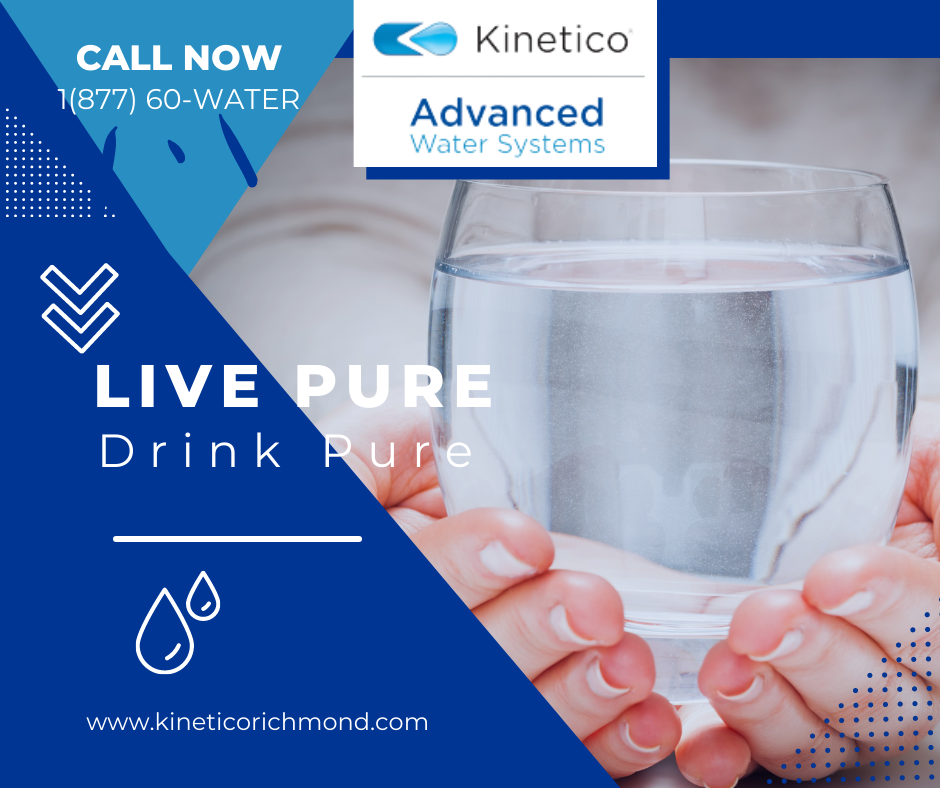How Much Water Do You Actually Need Every Day?
Harvard Medical School suggests that the ideal daily water intake for healthy men is around 16 cups (128 ounces or 1 gallon), while for women, it's approximately 12 cups (96 ounces or 0.75 gallons). This amount includes all sources of water, not just drinking water, meaning that on some days, you might only need four to six cups of water. This is because other sources, like coffee, tea, juice, and even water-rich fruits and vegetables, contribute to your overall hydration.
Several factors may require you to adjust your plain water intake, including:
Physical Activity: Engaging in exercises, especially intense or prolonged activities like marathons, increases your need for water and electrolyte replenishment due to sweat loss.
Ambient Temperature: Hot weather can increase your thirst and necessitate a higher water intake to stay hydrated.
Health Conditions and Medication: Certain health issues and medications can either necessitate increased water intake or limit it. For example, conditions such as thyroid, kidney, liver, or heart diseases, and medications like NSAIDs, opioid painkillers, and some antidepressants, can affect your body's water needs.
Age: As people age, they may not feel as thirsty even when their body needs hydration. This is particularly crucial for older adults who may be taking medications that can cause fluid loss.
For more detailed information, you can read the full article here: Harvard Health Publishing
Specification:
K5 Reverse Osmosis
Dimensions: h 19″ x w 5.9″ x d 15.5″
Storage Tank Dimensions: 18″ x 7″
Inlet water pressure: Min 30psi, Max 120psi
Warranty: 10 years on all parts including Reverse Osmosis membrane
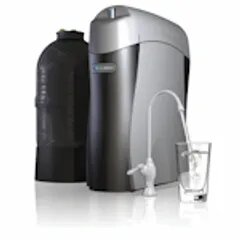
ADVANTAGES OF HYDRATION
Hydrating with water is crucial for maintaining optimal body function, as highlighted by the Harvard Medical School Special Health Report 6-Week Plan for Healthy Eating. Water plays several vital roles, including:
- Delivering nutrients and oxygen to cells
- Clearing bacteria from the bladder
- Supporting digestion
- Preventing constipation
- Stabilizing blood pressure
- Softening joints
- Shielding organs and tissues
- Managing body temperature
- Balancing electrolytes (such as sodium)
CONSIDERATIONS FOR YOUR DRINKING WATER
When deciding on your source of drinking water, there are multiple factors to weigh:
- Do you prioritize taste above all else in your drinking water?
- Are potential contaminants in your water a concern for you?
- Are you looking for a more eco-friendly water solution?
- Do you face any specific water issues in your home?
- Which option offers better cost efficiency for you?
- Comparing bottled water and in-home water filtration systems can help determine the most suitable choice for your needs and preferences.
Can Lack of Water Lead to Headaches?
Indeed, not drinking enough fluids can lead to headaches. Certain individuals may be more susceptible to experiencing headaches due to dehydration, but these can be prevented with adequate daily fluid intake. Dehydration headaches may be felt all over the head or in specific areas, such as the front or back, and are less commonly one-sided. Activities like bending forward or even walking can exacerbate the headache.
The precise mechanism behind dehydration headaches isn't fully understood, as the brain itself lacks pain receptors. It's speculated that such headaches might be caused by the activation of pain receptors in the meninges, the brain's protective covering, as dehydration causes fluid to shift away from the brain, potentially pulling on the meninges. Another theory suggests dehydration may amplify the body's sensitivity to pain.
Typically, drinking 16 to 32 ounces of water should alleviate a dehydration headache within a couple of hours. For more intense or prolonged dehydration, more fluids and rest are recommended until the headache subsides. Severe dehydration, especially if accompanied by vomiting, might require rehydration through intravenous fluids. Not staying hydrated can also prolong migraines or other types of headaches. Even with nausea, it's advised to try and sip fluids gradually once symptoms start.
Alternative Hydration Sources
Water isn't the only fluid that can keep you hydrated. Any drink that contains water contributes to your daily hydration needs. Milk, for instance, is often highlighted for its hydrating properties.
Contrary to popular belief, caffeinated and alcoholic drinks do not necessarily dehydrate you, as they still result in a net gain in fluid intake over the day despite increasing urination.
However, water remains the preferable choice for hydration for several reasons. Sugary beverages can contribute to weight gain and inflammation, potentially increasing the risk of diseases like diabetes. Excessive caffeine can cause restlessness or insomnia, and it's recommended to limit alcohol to one drink per day for women and up to two for men.
While tap water in itself is cheaper than both the other options it doesn’t come without its own set of risks.
Consuming unfiltered tap water could pose significant health risks and potentially lead to long-term problems. Some of the concerning substances that might be found in tap water include:
Some contaminants enter the water supply naturally, while others result from pollution and toxic waste. Although the Environmental Protection Agency (EPA) has established safety standards, millions of people are still exposed to water that fails to meet these criteria, containing dangerous chemicals and posing serious health risks. Even when regulatory violations are quickly addressed and remedied, the damage from prior exposure or consumption can be irreversible. Instances of illegal toxic waste disposal and other violations have led to legal actions and significant health crises in communities, including widespread cancer cases.
It’s crucial to test your water and use a filtration system to safeguard the health and well-being of your family. Water treatment solutions can eliminate up to 99.9% of harmful contaminants, ensuring your water is safe and tastes great.

